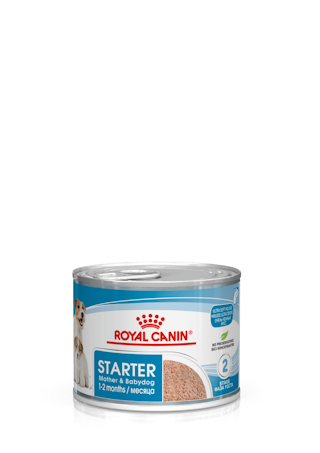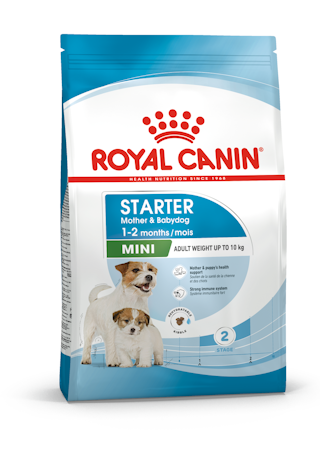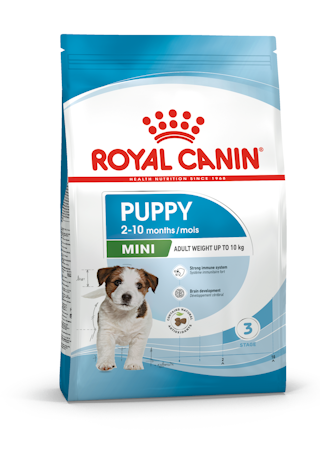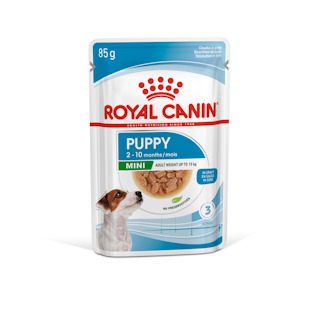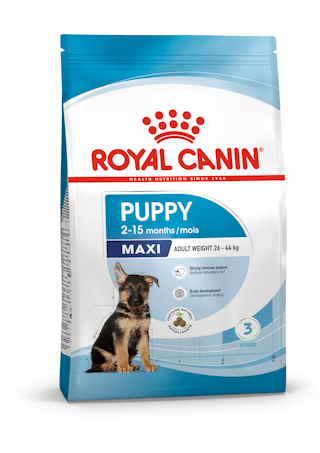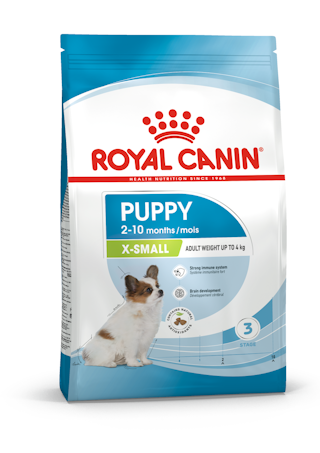Through this article you can learn:
- Choose Diet according to Developmental Stage
- Diets that meet Scientific Nutritional Standards
- Choose a Puppy Diet that is Breed/Size Specific
- Ensure the Diet is Nutritionally Balanced and Sufficient in Calories
- Discuss for the Best Diet for your Dog with your Veterinary Surgeon
So how to take care of a new puppy? How to pick the correct diet? How long should they be on puppy food? These are all frequently asked questions from first-time dog parents.
Below are 5 tips which we hope will answer these questions, and ensure your puppy grows up to be a healthy and happy adult.
Choose Diet according to Developmental Stage
Depending on the breed, puppies generally take 8-15 months to mature into adult dogs, however, some giant breeds can take as long as 2 years. The feeding regimes for puppies during this crucial growth period can be roughly divided into four stages:
- 0~4 weeks: if a puppy is unable to feed on its queen’s milk, it is recommended to feed a milk powder replacer specially formulated for puppies.
- 4 weeks~4.5 months: during this time the activity level of puppies increases at an astonishing rate. Milk alone is not nutritionally sufficient, puppies at this stage must gradually switch to other types of food (this process is initially called weaning from milk to solid food).
- 4.5~6 months: puppies enter puberty, and are on the cusp of adulthood, as such they require large amounts of highly-digestible protein as well as moderate amounts of calcium and phosphorus to ensure strong teeth and bones.
- 6 months~adulthood: depending on the breed and size, dogs enter adulthood at different times (generally sooner in smaller breeds). Puppy food is still required up to adulthood to meet their developing nutritional needs, however, once desexed (usually around 5-7 months) care must be exercised to avoid overeating and obesity.
Diets that meet Scientific Nutritional Standards
There is a massive amount of information available on the internet on how to feed your pets some good and some bad! Among them, the Nutrition Toolkit established by the World Small Animal Veterinary Association (WSAVA) contains a number of diet selection recommendations and nutritional assessment guidelines, to help owners choose safe and nutritionally balanced pet foods from the wide selection available.
The pet food guidelines established by various official organisations also serve as an indicator for owners on how to select a balanced diet. Examples include, the FEDIAF standard monitored by the “European Pet Food Industry”, or nutritional standards such as NRC and AAFCO formulated by American research institutions.
Choose a Puppy Diet that is Breed/Size Specific
When choosing a puppy food, it is vital to consider physical size and body mass, to ensure the diet is tailored to your puppy’s breed. For example, the skeletal development of a Chihuahua and a Great Dane are extremely different, as such they should be fed different types of diet. Dog food designed for large-sized breeds usually contains more calcium and phosphorus, as well as added glucosamine and chondroitin to ensure a steady growth of bones and joints.
In addition, owners should feed an appropriately sized kibble for breed and size, in order to prevent choking or eating difficulties especially in small dogs.
Ensure the Diet is Nutritionally Balanced and Sufficient in Calories
Eating habits during puppyhood will affect physical and mental development, as well as overall health and well-being in the future. Therefore, when choosing a diet, special attention must be paid to nutritional and calorific intake.
Essential nutrients required by puppies include protein, fat, vitamins, minerals and dietary fibre. Protein, phosphorus, calcium and other minerals are beneficial to the growth of the dog’s bones and muscles, whereas, fibre found in carbohydrates (such as whole grains, root vegetables) is key in promoting healthy stools and preventing constipation. Fat provides energy for puppies, as well as improving hair health and giving a brighter, shinier coat.
The nutritional value of grains in cat and dog food
Discuss for the Best Diet for your Dog with your Veterinary Surgeon
Given there is such a wide variety of options, it is highly recommended that owners consult with their veterinary surgeon regarding the best diet for their puppy. Vets can help to produce a customised dietary plan based on the puppy’s health and nutrition needs according to breed, activity level and size/age. This should include managing daily portion and calorific intake. Usually your vet will recommend feeding small but frequent meals until adulthood, with a gradual reduction, thereafter, to around 2 meals a day.
In particular, if you decide to cook home-made food for your puppy, it is especially important to consult with your vet for advice. Studies show that it is very difficult to achieve adequate nutrition when providing homemade food, and many diet recipes available on the internet are not nutritionally balanced. Ideally owner’s should consider getting assistance from a specialist veterinary nutritionist to safeguard their puppy’s health if they want to go down this route!

